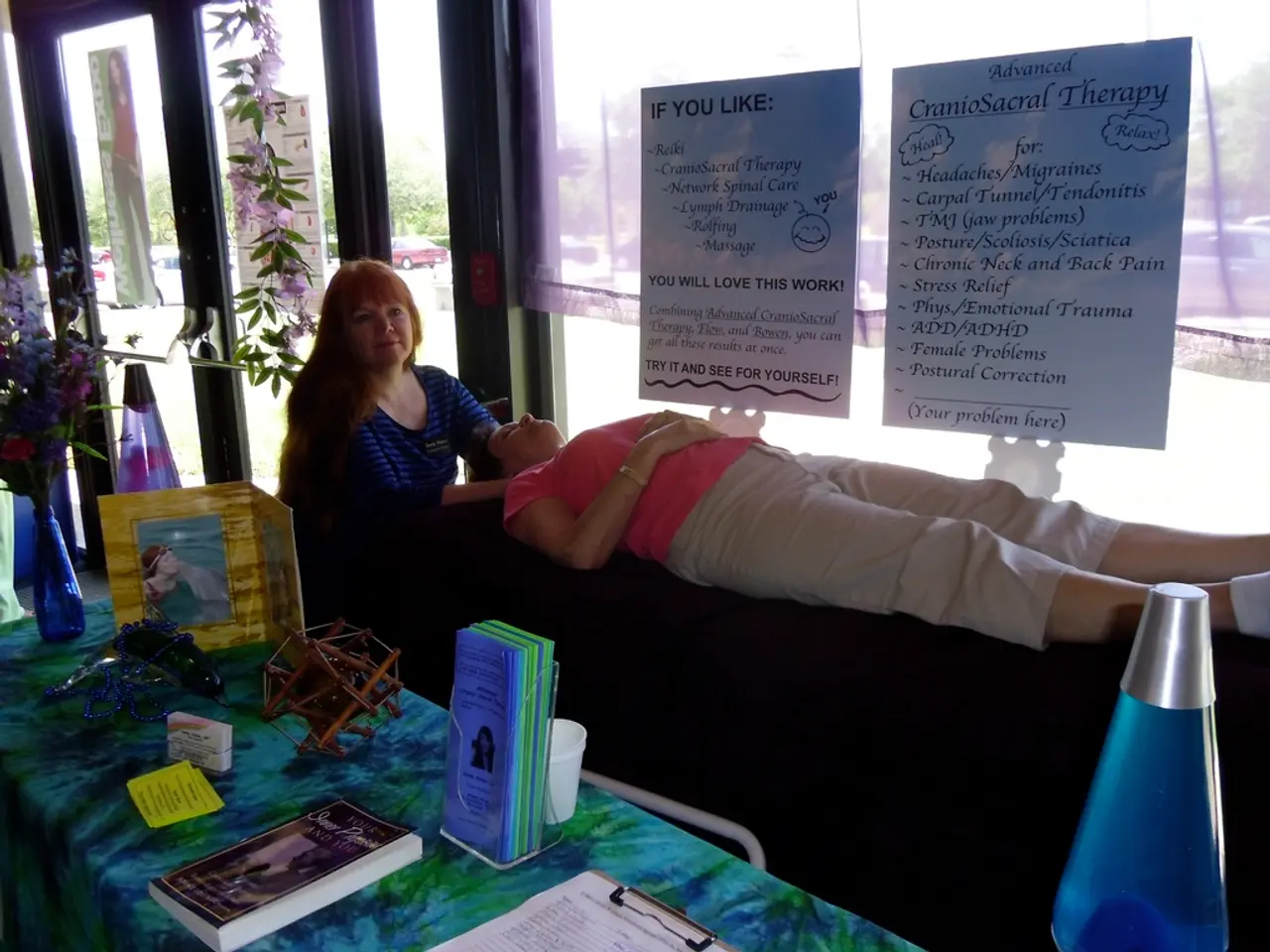Struggling to Decide Between Contact Lenses and Spectacles? Here's a Breakdown to Help You Make the Right Choice.
When it comes to correcting vision, both contacts and glasses have their own advantages and disadvantages. To make an informed decision, it's essential to consider your lifestyle, eye health, comfort preferences, and specific vision needs. Here's a breakdown of the key factors to consider when choosing between contacts and glasses.
Eye Health and Comfort
If you have dry eyes, allergies, or frequent irritation, glasses might be more comfortable as contacts require handling and can cause irritation if not managed properly. A professional eye exam can evaluate your suitability for contacts, especially if you have conditions like astigmatism, which may require special lens types.
Lifestyle and Activities
Contacts provide a wider field of vision, do not fog up or slip, and are better suited for sports or active lifestyles. Glasses can be cumbersome during physical activity and fog or smudge in varying environments. Many people alternate—wearing contacts during active times and glasses for comfort or backup at home.
Maintenance Requirements
Glasses are easier to care for—just cleaning with a cloth—while contacts require rigorous hygiene and regular replacement to avoid infections.
Vision Correction Needs
Some prescriptions, particularly with astigmatism or presbyopia (reading difficulties), may affect your choice. Contact lenses come in specialized types to address these, though may be pricier and require an adaptation period. Glasses can be simpler for complex prescriptions but may limit peripheral vision.
Cost and Convenience
Contacts usually have higher upfront and ongoing costs (fitting fees, lens supplies) but offer more natural vision and aesthetics. Glasses can last longer and need less frequent replacement.
Recommendations
- Consult an eye care professional for a comprehensive exam and personalized advice based on your eye health, prescription, and lifestyle.
- Consider trial periods for contacts to assess comfort and vision adaptation before committing.
- Weigh the pros and cons: glasses are low-maintenance and safer for sensitive eyes but less ideal for active use; contacts offer freedom and broader vision but require diligent care.
By balancing these factors, you can choose the option—or combination—that best fits your needs. Many people find that having both glasses and contacts provides flexibility for different situations.
In conclusion, the choice between contacts and glasses depends on individual lifestyle and needs, and a comprehensive eye exam is recommended to assess vision and eye health and discuss options with an eye doctor. It's important to remember that both options offer effective vision correction, and the decision ultimately comes down to personal preference and practicality.
[1] American Academy of Ophthalmology. (2021). Contact Lenses. [online] Available at: https://www.aao.org/eye-health/tips-prevention/contact-lenses
[2] Mayo Clinic. (2021). Contact Lenses. [online] Available at: https://www.mayoclinic.org/healthy-lifestyle/adult-health/in-depth/contact-lenses/art-20046948
[3] American Optometric Association. (2021). Contact Lenses. [online] Available at: https://www.aoa.org/patient-care/eye-and-vision-problems/glossary-of-eye-and-vision-conditions/contact-lenses
[4] National Eye Institute. (2021). Contact Lenses. [online] Available at: https://nei.nih.gov/health/contactlenses/contactlenses
- For those with dry eyes, allergies, or frequent irritation, the health and comfort of their eyes might be better served by wearing glasses instead of contacts.
- For individuals who lead active lifestyles and engage in sports, contacts may offer a wider field of vision and a more convenient option compared to glasses, which can fog up or slip during physical activity.
- In terms of maintenance requirements, glasses are easier to care for, only needing a simple cleaning with a cloth, while contacts require a more rigorous hygiene routine and regular replacement to avoid infections.




